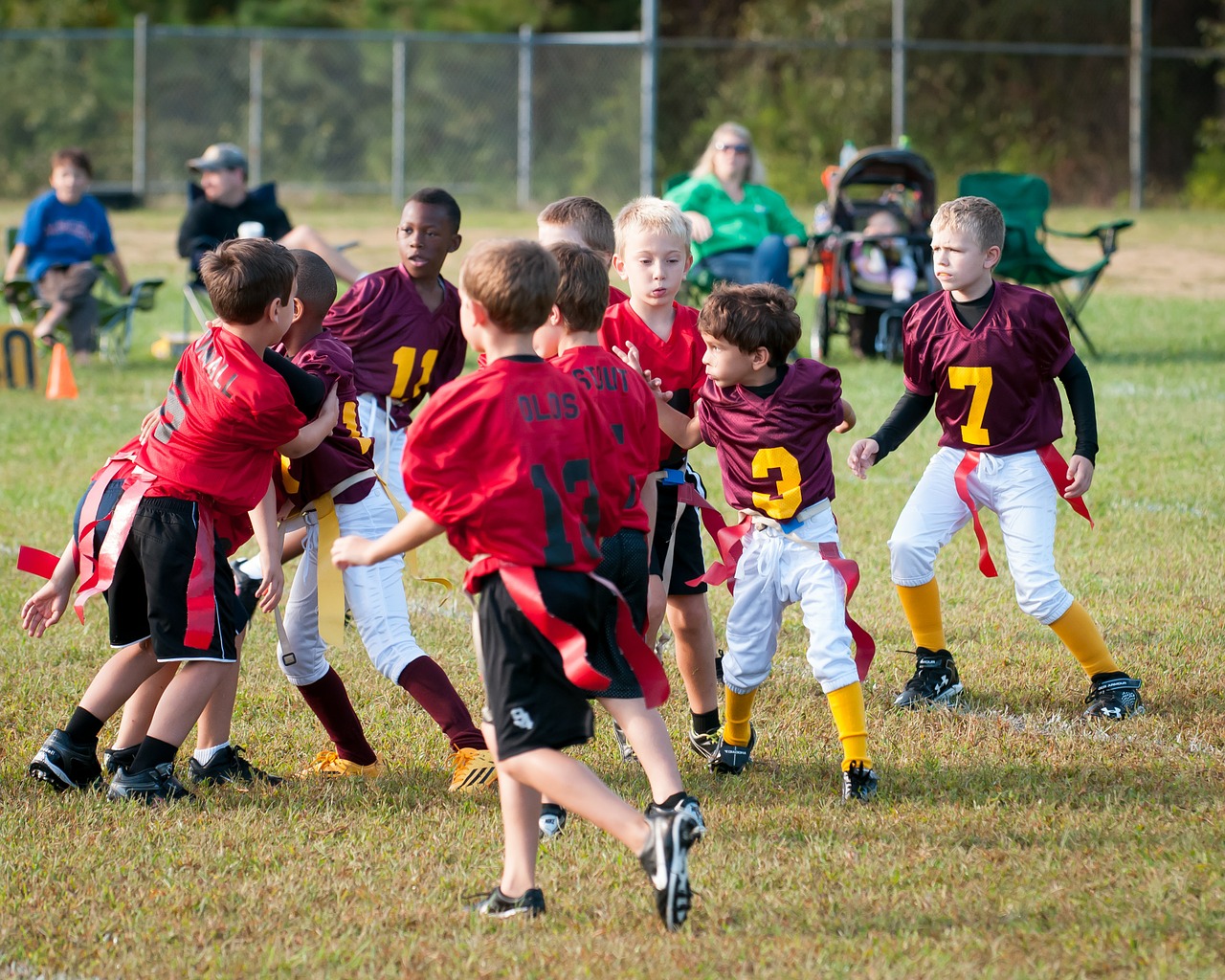It’s time for fall sports, and as a father, being a good role model is just as important on the sidelines as it is at home. Before you even set foot on the field, plan ahead by communicating with your children’s mother about dates, locations, and transportation needs. Remember, it’s important that you and your ex-wife come together to show support for your kids.
Children learn by example, so once you’re at the game, be an example of good sportsmanship and strong character. When you show poor sportsmanship and draw negative attention to yourself, you’re also running the risk of drawing that same attention to your child. You also could embarrass your child and affect his or her ability to play well or interact with teammates.
Keep the following tips in mind the next time you’re standing on the sidelines:
- Cheer for the team—not just your child. While you automatically cheer on your child, don’t forget that he or she is part of a team. By praising his or her peers or the team as a whole, you’re showing support for all the players. After all, a little team spirit can go a long way.
- You want the best for your child, but don’t let your ego or emotions get the best of you when he or she drops a catch or misses a goal. Instead of criticizing your child, or someone else’s child, offer them support by saying something positive such as “great effort” or “way to hustle.” Kids need confidence to play well, so give them a boost when they need it most.
- Unless you are the designated coach for your child’s team, do not coach your child or other team members during a game. And no matter how bad a call may be, don’t yell or shout at a referee. Your child’s coach will handle it.
- Your child may be one of the best players on the team, but that doesn’t mean other kids shouldn’t have the same amount of time to play. So, when your child is sitting on the bench, don’t get angry at the coach and demand that your child be put in the game. If you’re still frustrated with how the coach played your child at the end of the game, talk to the coach privately.
- Winning isn’t always an option. Yes, you’d like for your child’s team to win, but even if they don’t succeed, your child is still gaining quite a bit—such as friendships, teambuilding, problem-solving skills, exercise and improved health, just to name a few. If possible, find the lessons in the mistakes made during the game and find ways to help prevent them from happening again.

